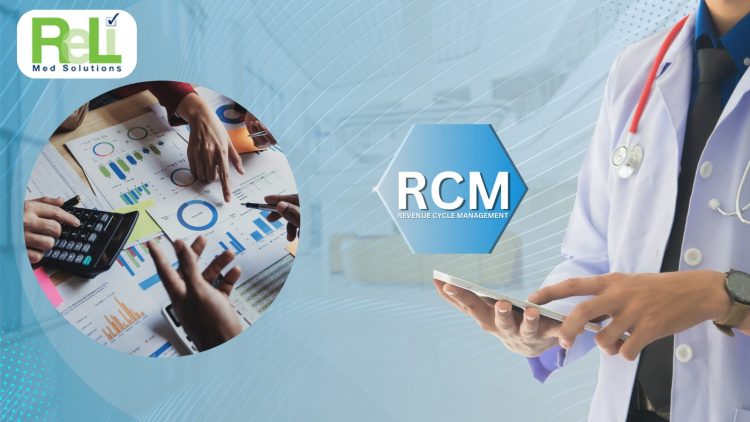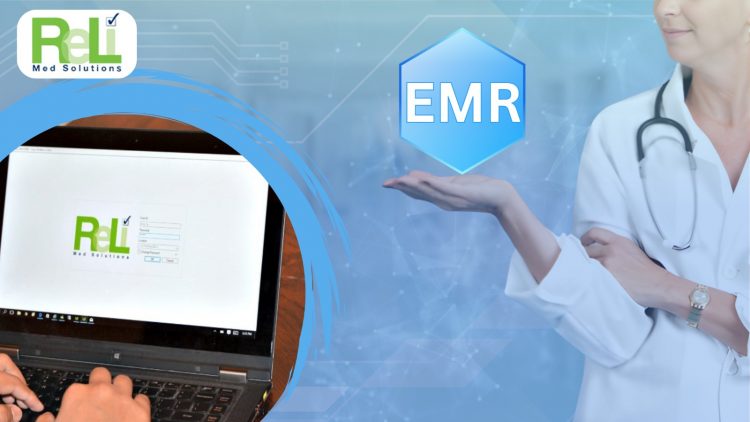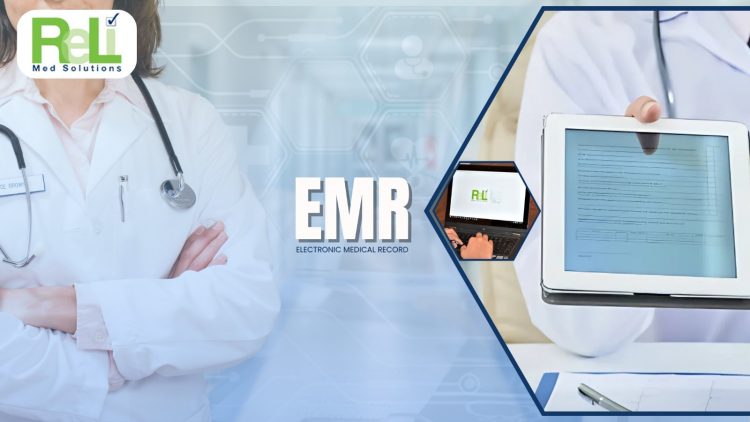Secure EMR Software Solutions for Small Practices: Key Features to Look For
Today, EMR software is very helpful for health care practices. It allows clinics to store and manage patient Medical Records quickly and easily. For small practices, Secure EMR Software Solutions are mainly useful, as they clear up daily tasks, give quick access to info, and improve patient care. However, selecting a secure EMR system is crucial to protect patient data and ensure compliance with health care regulations. By choosing a reliable system, small practices can focus on quality care, confident that their data is safe and easily accessible.
Why Security Is Important for EMR Software?
In health care, keeping data safe is very important. EMR software holds private patient info, like medical history and personal details. If this data is not secure, it can cause serious problems, such as data breaches that threaten the clinic and patients. Unauthorized access to patient info can lead to identity theft or mistakes in care. Secure EMR software solutions against these risks and helps clinics follow health care rules like HIPAA. Because of this, health care workers must invest in security features to ensure patient data is safe and protected from harm, allowing for better trust and care in the health care system.
Key Features of Secure EMR Software Solutions
Small clinics should look for important safety features when choosing Top Electronic Medical Records Systems and EMRs. One key feature is data encryption, which scrambles info so it stays safe from people who shouldn’t see it. This means that even if someone gets the data, they can’t read it without the right code. Another helpful feature is multi factor authentication, which requires users to show more than one ID to log in. Automatic backups are also important because they save data, so it can be recovered if something goes wrong. Picking an EMR with these features helps clinics keep patient info secure.
Does Secure EMR Help Clinics or Patients Too?
Safe EMR software helps both clinics and patients. Patients feel good knowing their health info is safe, which helps them trust the clinic. This trust is key, as patients are more open to sharing private health info when they feel safe. For clinic staff, a safe EMR system helps them get the right info fast, which leads to quicker and better care. This way, both clinics and patients win. Clinics work better, and patients get care they can trust. In the end, safe EMR software makes health care better and easier for everyone.
How Unsecured EMR Software Affect RCM and EHR?
If EMR software isn’t secure, it can harm important areas like RCM and EHR. A free system can lead to billing mistakes and delays in handling health records, which may hurt the clinic’s funds. Such as billing errors can delay payments, putting financial pressure on the clinic. This can lead to lower patient satisfaction and added stress for staff. Secure EMR Software Solutions help clinics manage billing and records smoothly, keeping operations stable and allowing clinics to give better care to their patients.
Why ReLi Med Solutions is the Right Choice?
For small practices that want safe and simple EMR solutions, ReLi Med Solutions gives you the best electronic medical records system. Our system keeps data safe, is easy to use, and follows health care rules. This helps both doctors and patients feel safe. The software is made to make everyday work easier while keeping data secure. Small practices can use it to handle patient records, billing, and appointments without trouble. By choosing ReLi Med Solutions, practices get a system that supports them and helps them succeed.
Having secure EMR software is important because small practices face many challenges. With features like data protection, extra login steps, and automatic backups, practices can keep patient data safe and work better. This builds patient trust and improves the health care experience. For practices looking for a reliable partner, ReLi Med Solutions gives safe solutions so small practices can focus on what matters: caring for patients.



